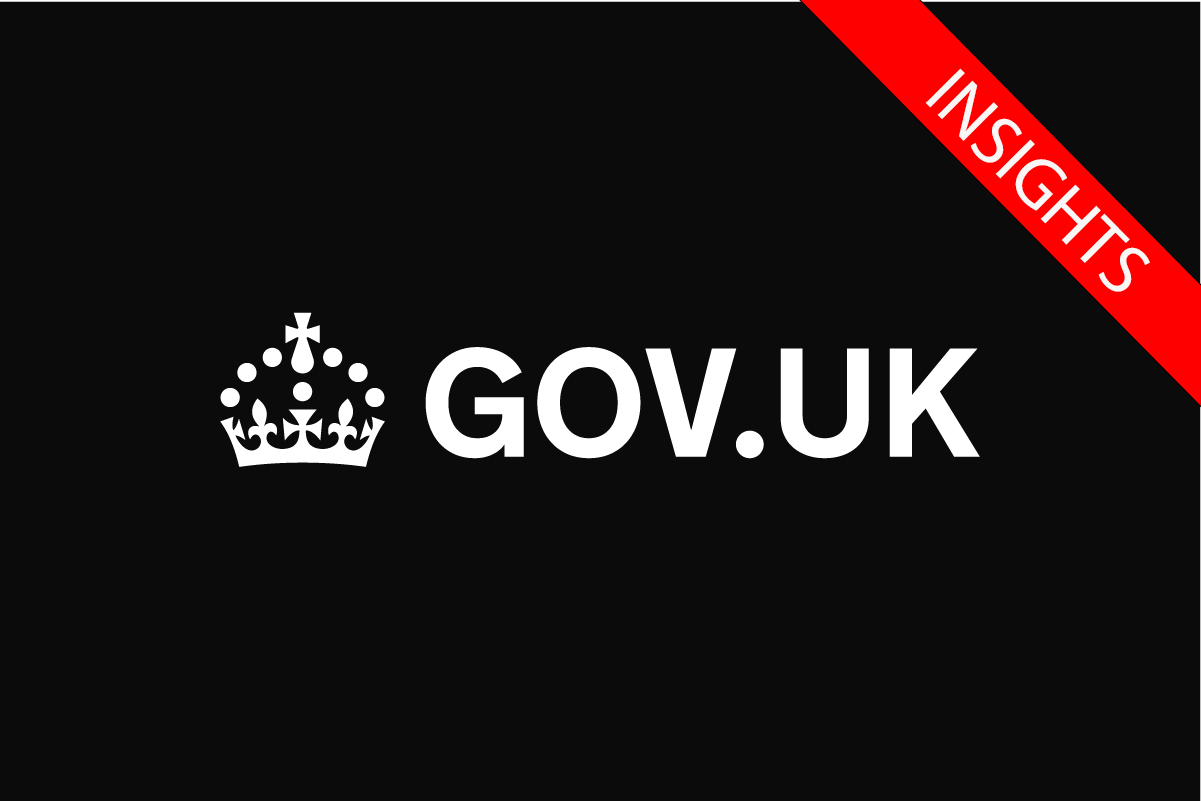UK Sanctions Insights 14 October 2024

What's going on?
The UK has announced a new set of sanctions targeting key Iranian military figures and organisations following an Iranian ballistic missile attack on Israel on 1 October. These sanctions are aimed at countering Iran's ongoing destabilising activities in the Middle East. Entities affected by these sanctions include senior figures in Iran’s Army, Air Force, and organisations linked to missile development. This move aligns with international efforts to hold Iran accountable for its actions and to promote de-escalation in the region.
Key Changes to Official Sanctions Lists
- Individuals Sanctioned:
- Abdolrahim Mousavi, Commander-in-Chief of Iran’s Army and member of Iran’s Supreme National Security Council
- Mohammad-Hossein Dadras, Deputy Commander-in-Chief of Iran’s Army
- Hamid Vahedi, Commander of Iran’s Air Force
- Mohammad Kazemi, IRGC Intelligence Chief
- Habibollah Sayyari, Head of the Joint Staff of Iran’s Army
- Ali-Mohammad Naini, IRGC Spokesperson
-
Houssein Pourfarzaneh, Chief Engineer of FPSDB
-
Organisations Sanctioned:
- Farzanegan Propulsion Systems Design Bureau (FPSDB)
- Iranian Space Agency
These individuals and organisations are now subject to travel bans and asset freezes.
Insights
The UK's recent sanctions reinforce the growing trend of using targeted financial measures to influence geopolitical stability. Bankers involved in financial crime compliance should be attentive to the following:
-
Enhanced Due Diligence (EDD): Financial institutions must update their internal watchlists and ensure enhanced due diligence is conducted for transactions involving individuals and entities from the updated sanctions list. This is crucial to ensure compliance with the latest regulatory requirements.
-
Geopolitical Risk Assessment: Banks should adjust their risk assessments to account for increased tensions in the Middle East resultant from these sanctions and align their risk management frameworks accordingly. The interconnected nature of global finance means that regional conflicts can have broader systemic implications.
-
Partnerships and Third-Party Risk: Institutions should reassess their connections with regional partners and third-party relationships to mitigate any indirect exposure to sanctioned entities. This includes redefining policies around correspondent banking and trade finance with entities operating within or near affected regions.
-
Strategic Coordination: The sanctions underscore the importance of strategic coordination with international bodies. Compliance teams should ensure they are aligned with global best practices and closely monitor updates from international partners like the EU and the G7 as collective actions progress.
-
Technological Investment: Given the increasing complexity of the sanctions environment, investment in technology solutions for monitoring and detection is essential. Machine learning tools and AI-driven compliance platforms can enhance the identification and interdiction of potentially illicit transactions linked to sanctioned entities.
By understanding the implications of such sanctions, financial institutions can better navigate the evolving compliance landscape and maintain their commitment to global security and financial integrity.
